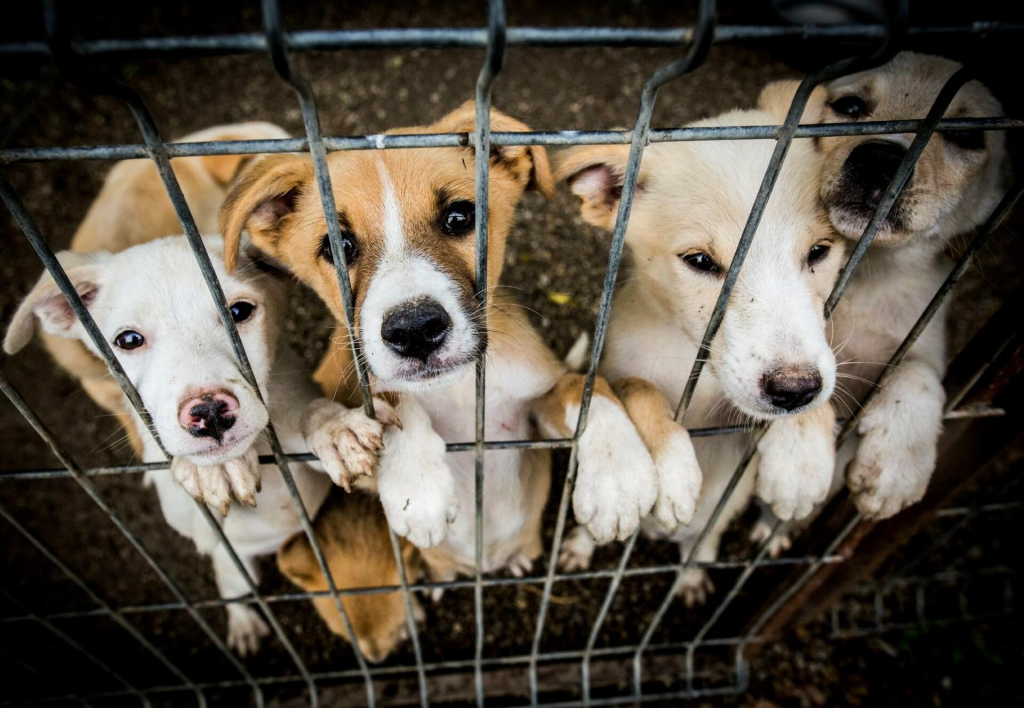
Animal shelters play a crucial role in promoting responsible pet ownership, beyond merely housing abandoned animals. These organizations are pivotal in educating the public about the responsibilities that come with pet ownership, ensuring that animals find homes where they will be well cared for.
Shelters provide comprehensive resources and support to prospective pet owners, including information on proper pet care, training, and health management. They often offer workshops and seminars that cover topics such as the importance of vaccinations, regular veterinary check-ups, and nutrition. This educational outreach helps potential pet owners make informed decisions, reducing the likelihood of pets being returned or neglected.
Furthermore, shelters collaborate with local veterinarians and animal behaviorists to offer behavioral assessments and training for pets. This ensures that animals are not only healthy but also well-adjusted, increasing their chances of finding a permanent home. By addressing behavioral issues before adoption, shelters help prevent problems that could lead to pets being surrendered.
Adoption counseling is another critical service provided by shelters. Staff members work closely with adopters to match pets with the right homes, taking into account factors such as lifestyle, living situation, and pet compatibility. This personalized approach ensures that pets are placed in environments where they can thrive, fostering long-term, responsible ownership.
In summary, animal shelters are more than just temporary homes for pets. They are key players in promoting responsible pet ownership through education, support, and personalized adoption services. Their efforts not only improve the lives of animals but also strengthen the bond between pets and their owners.